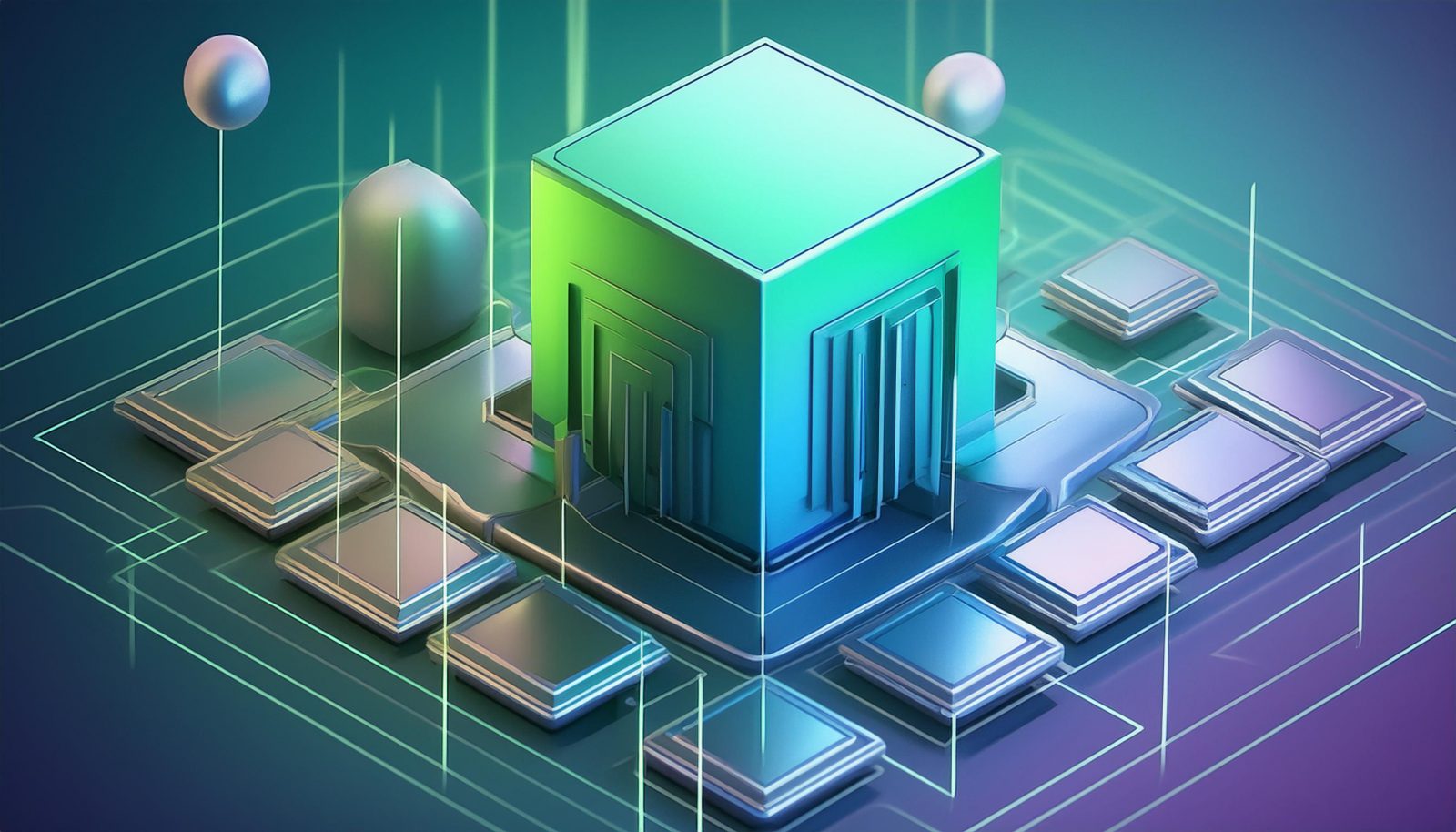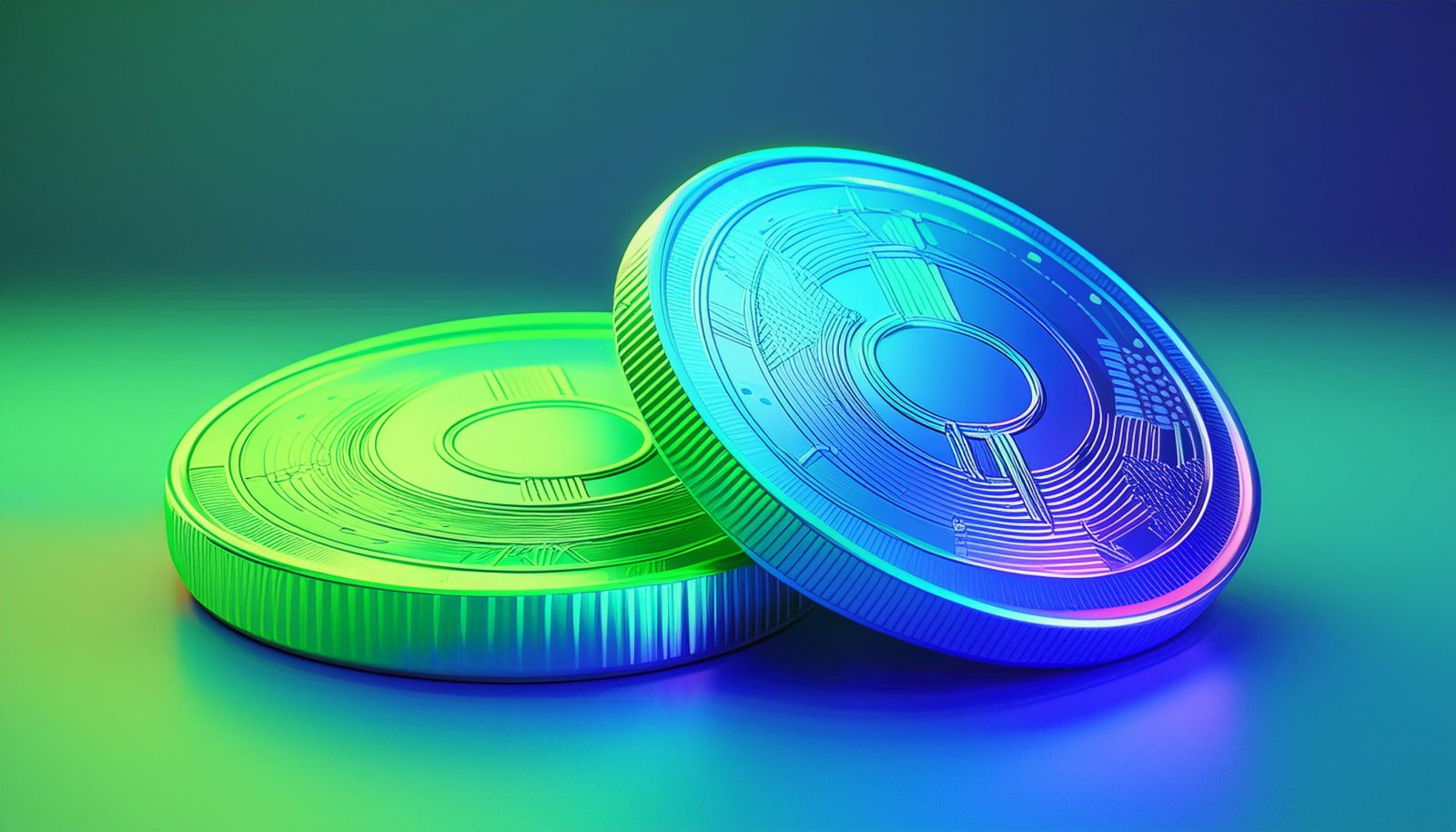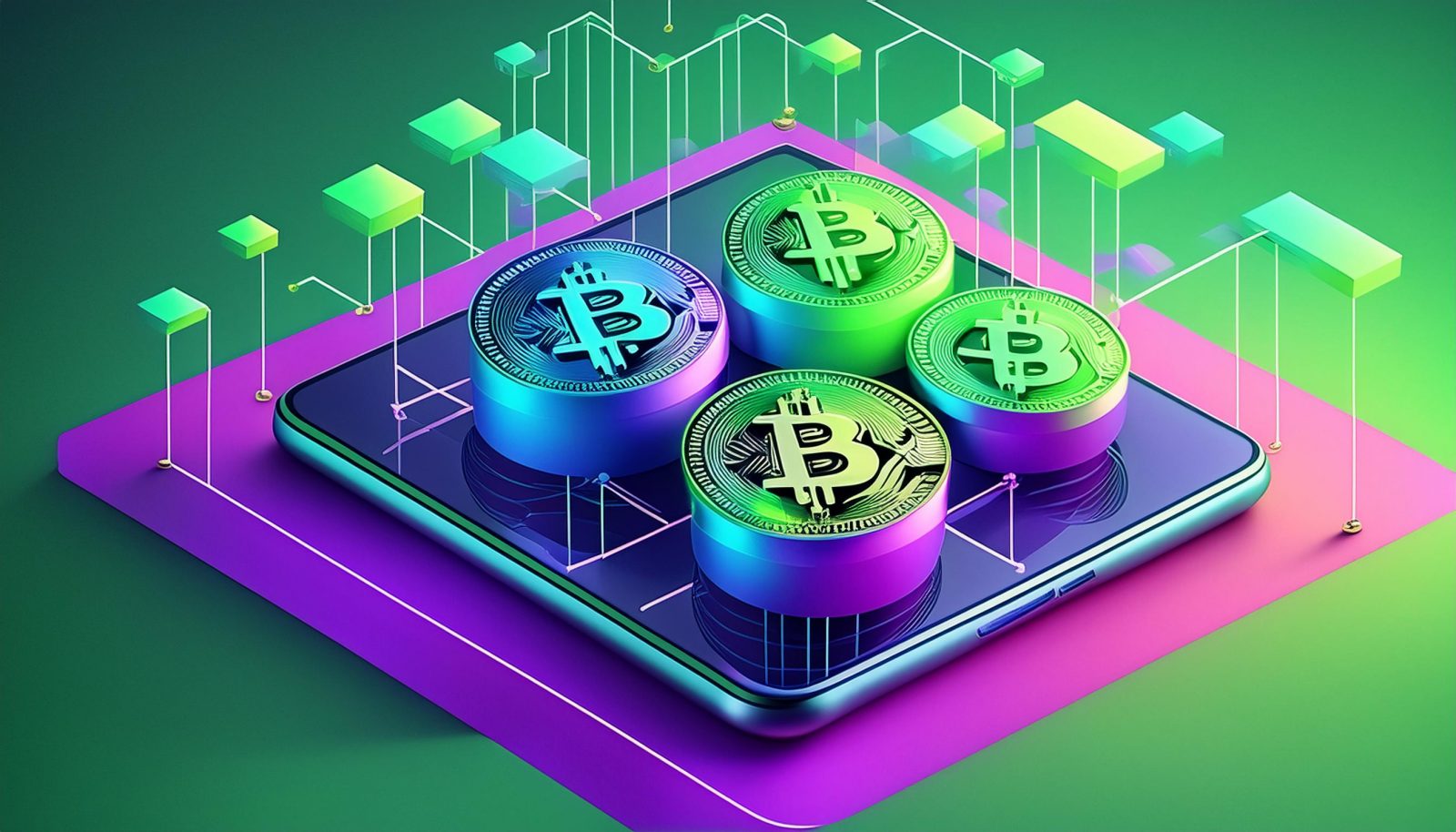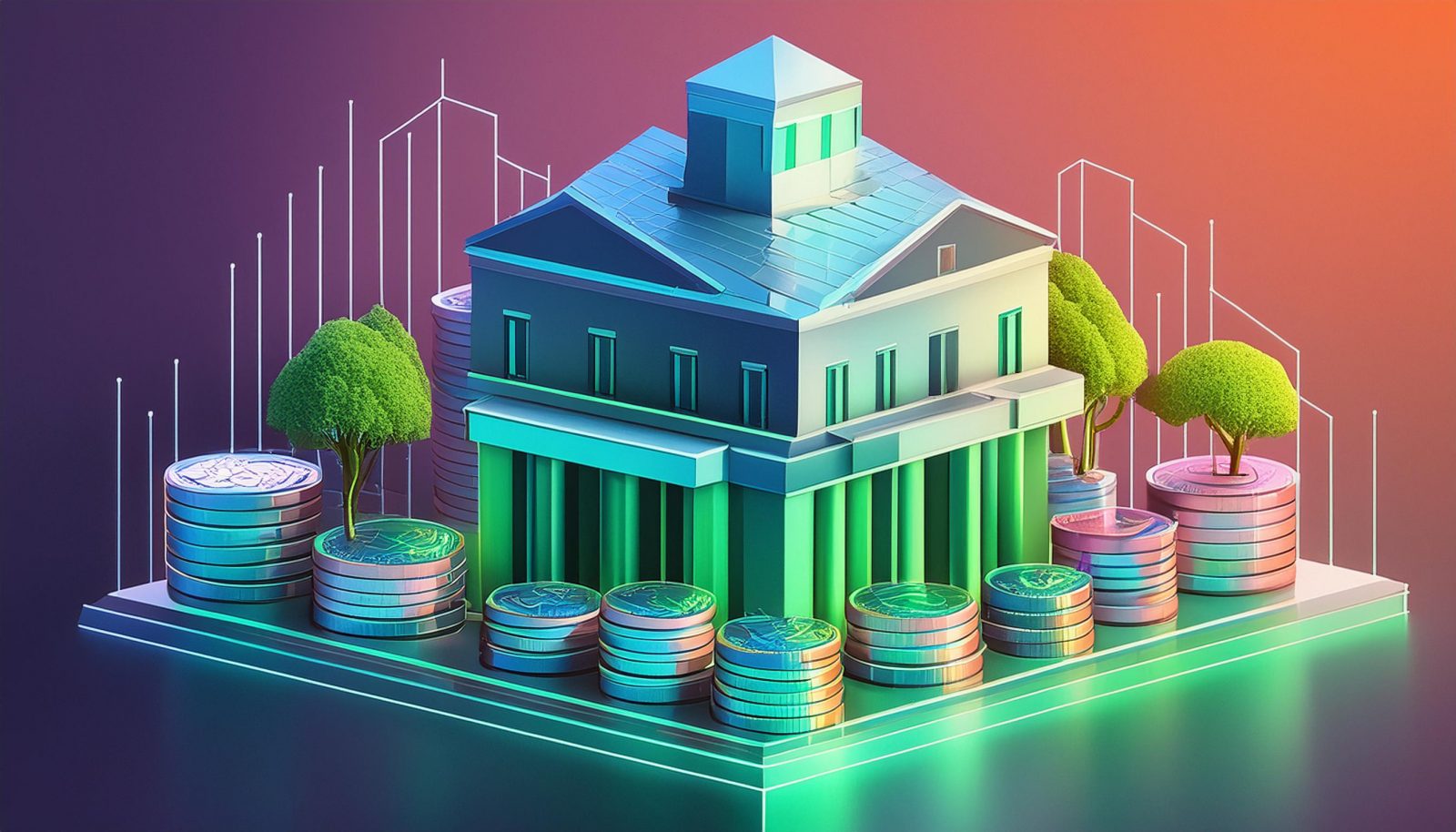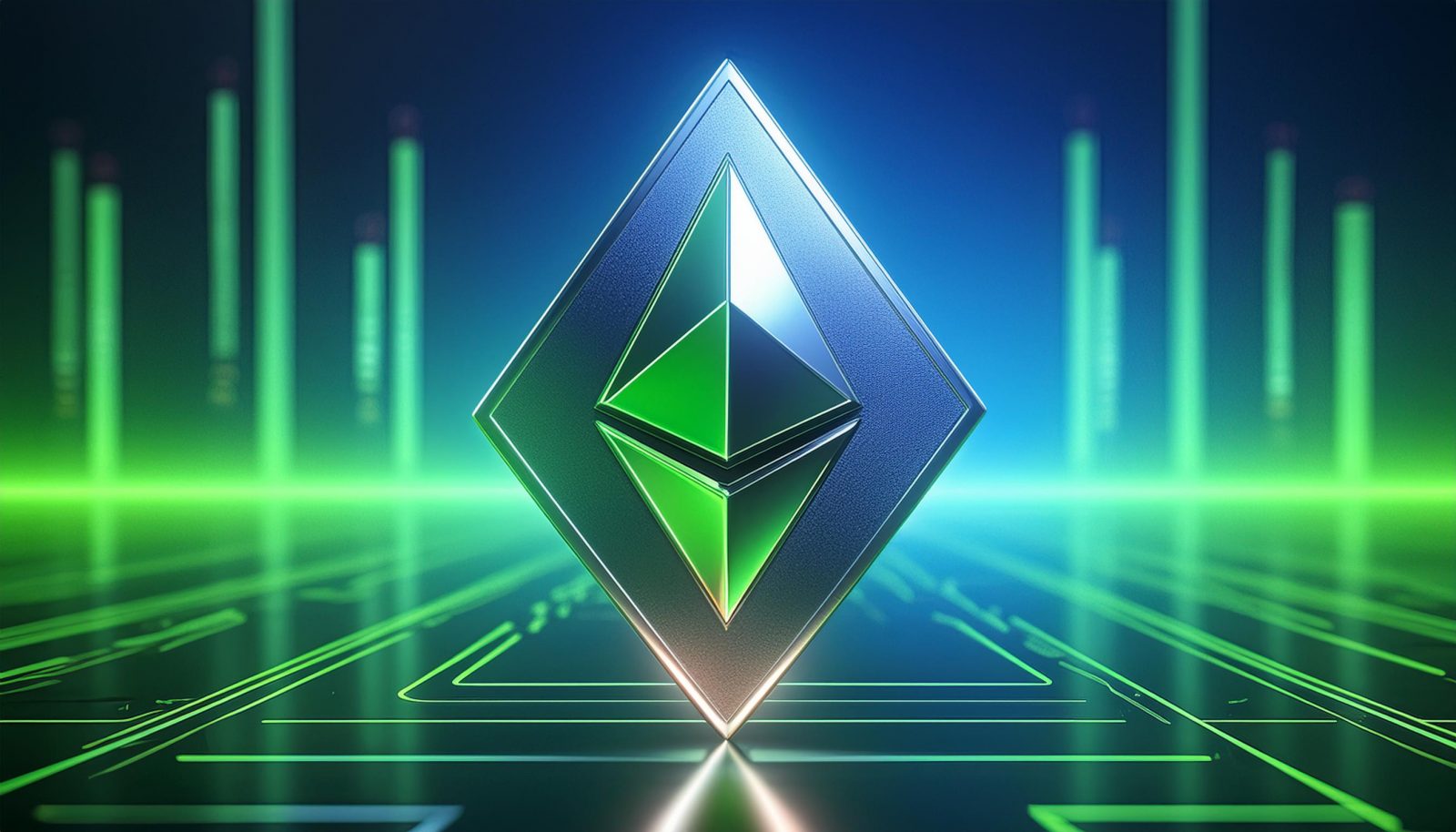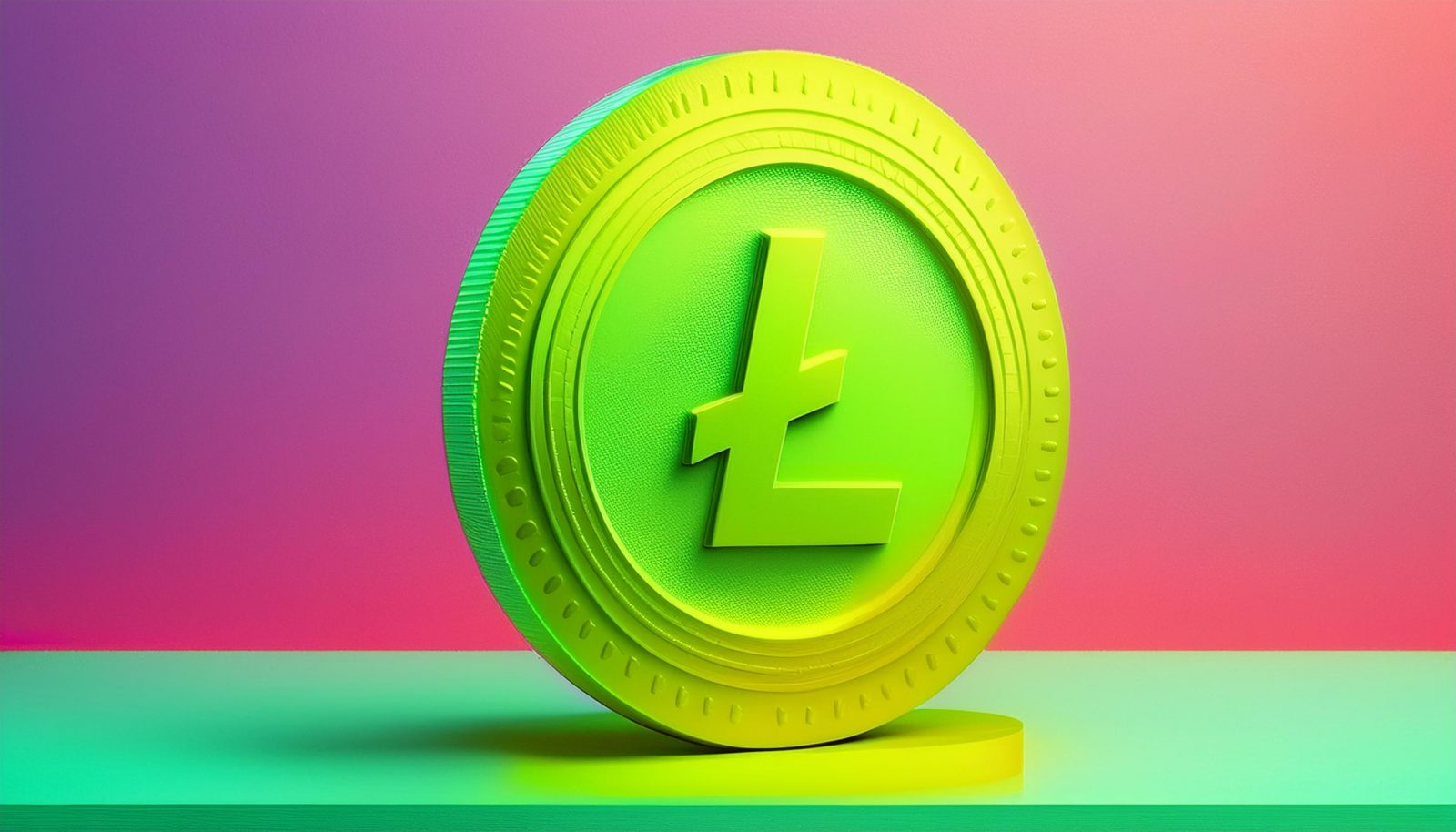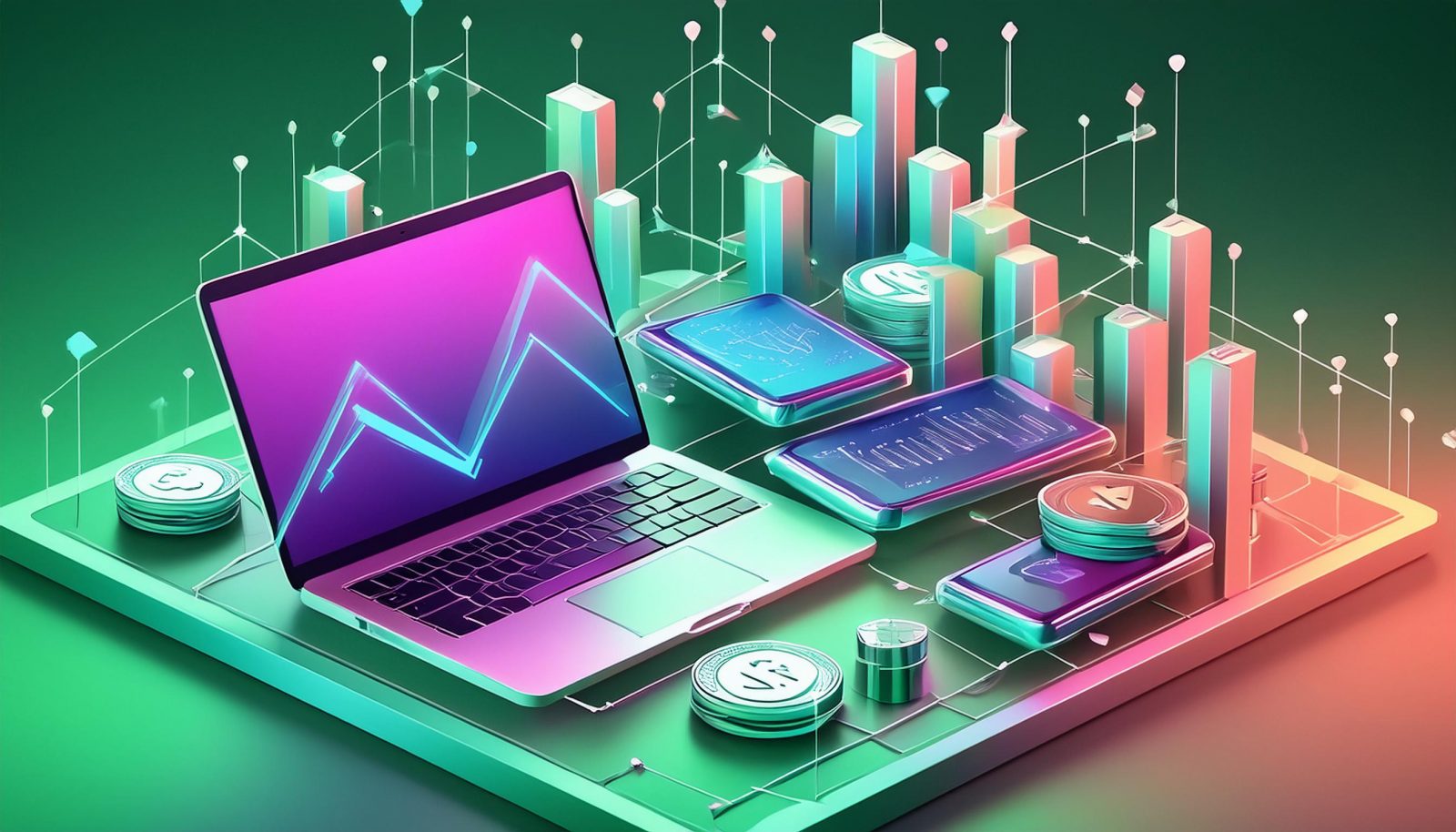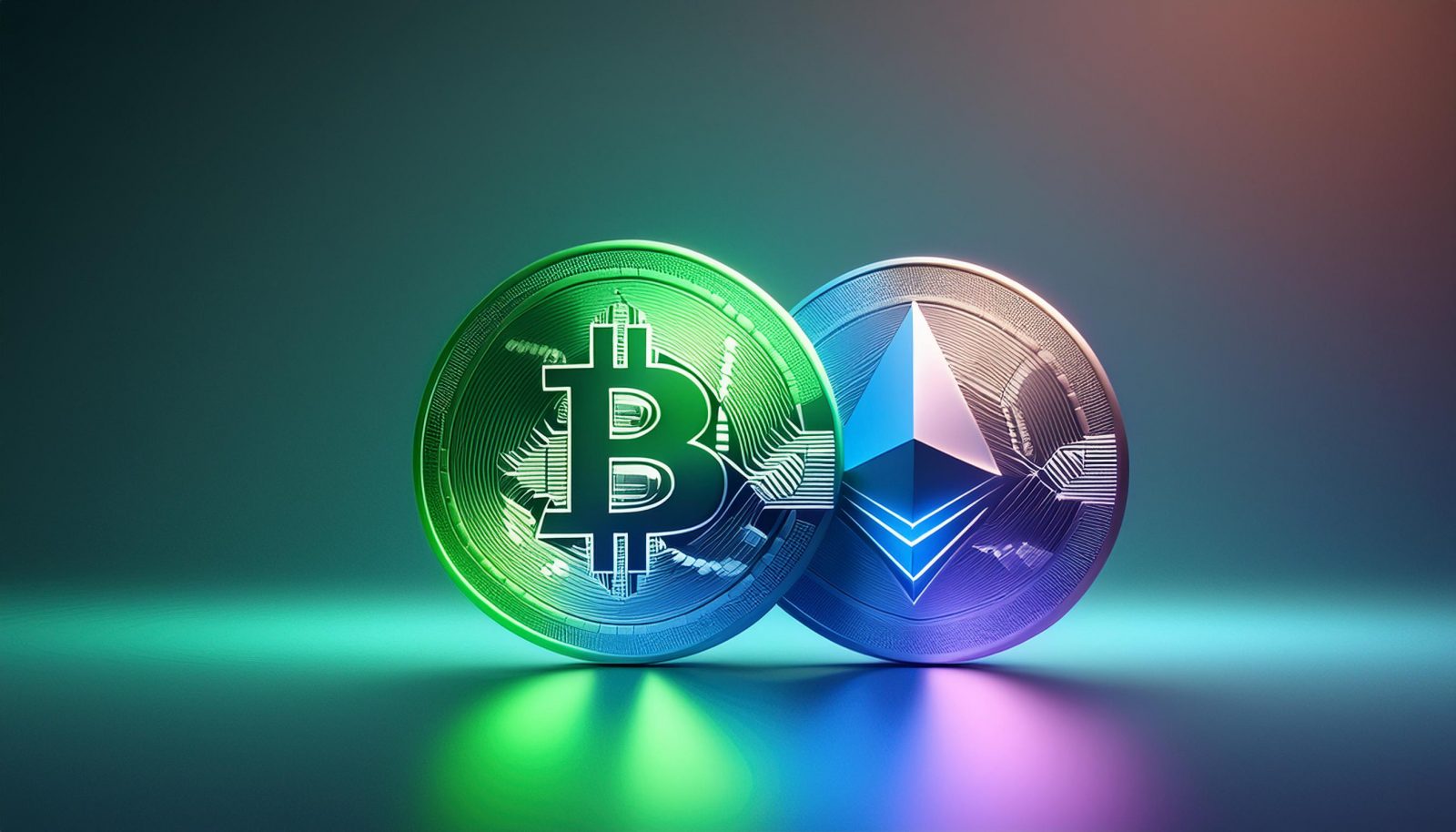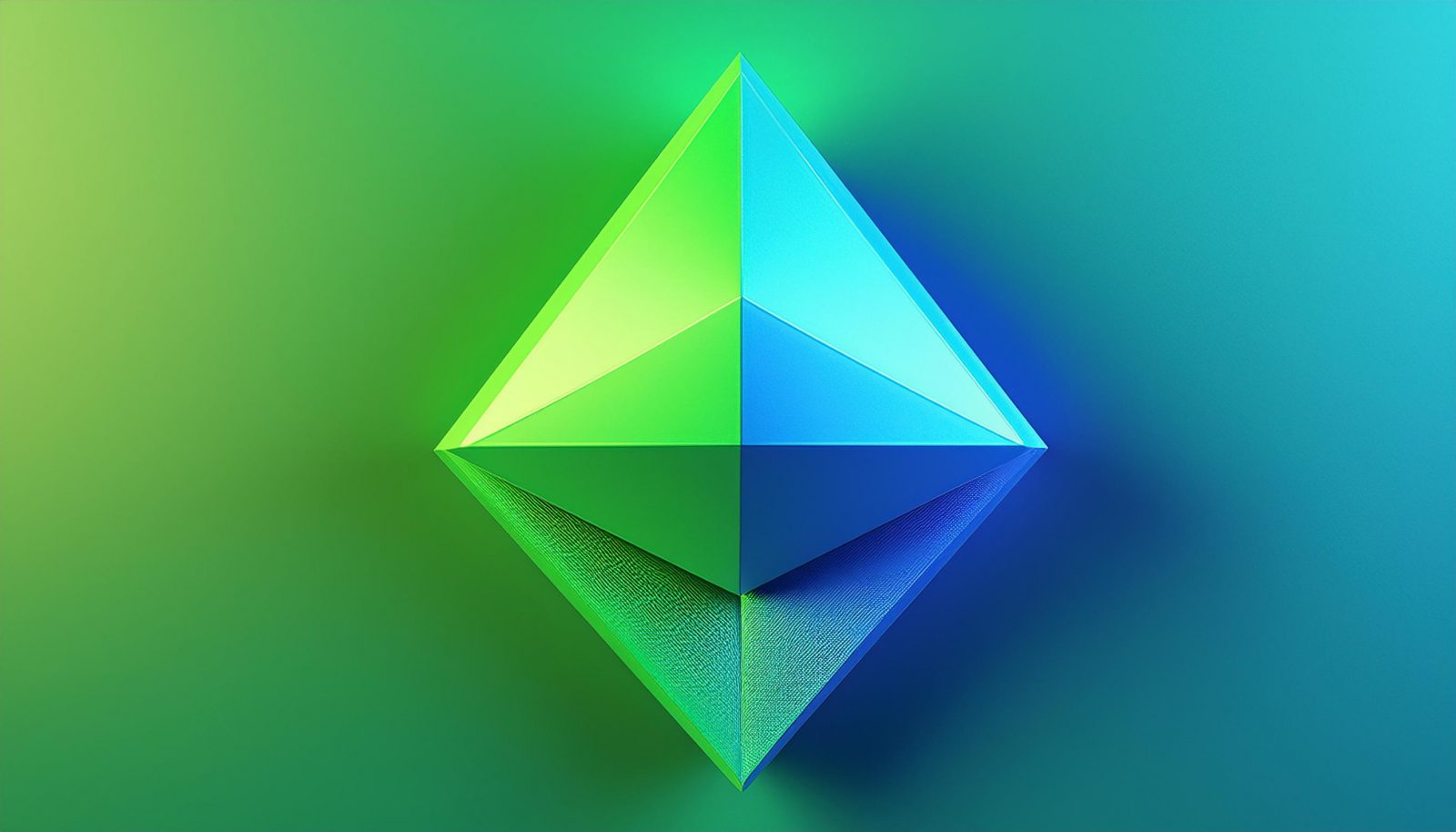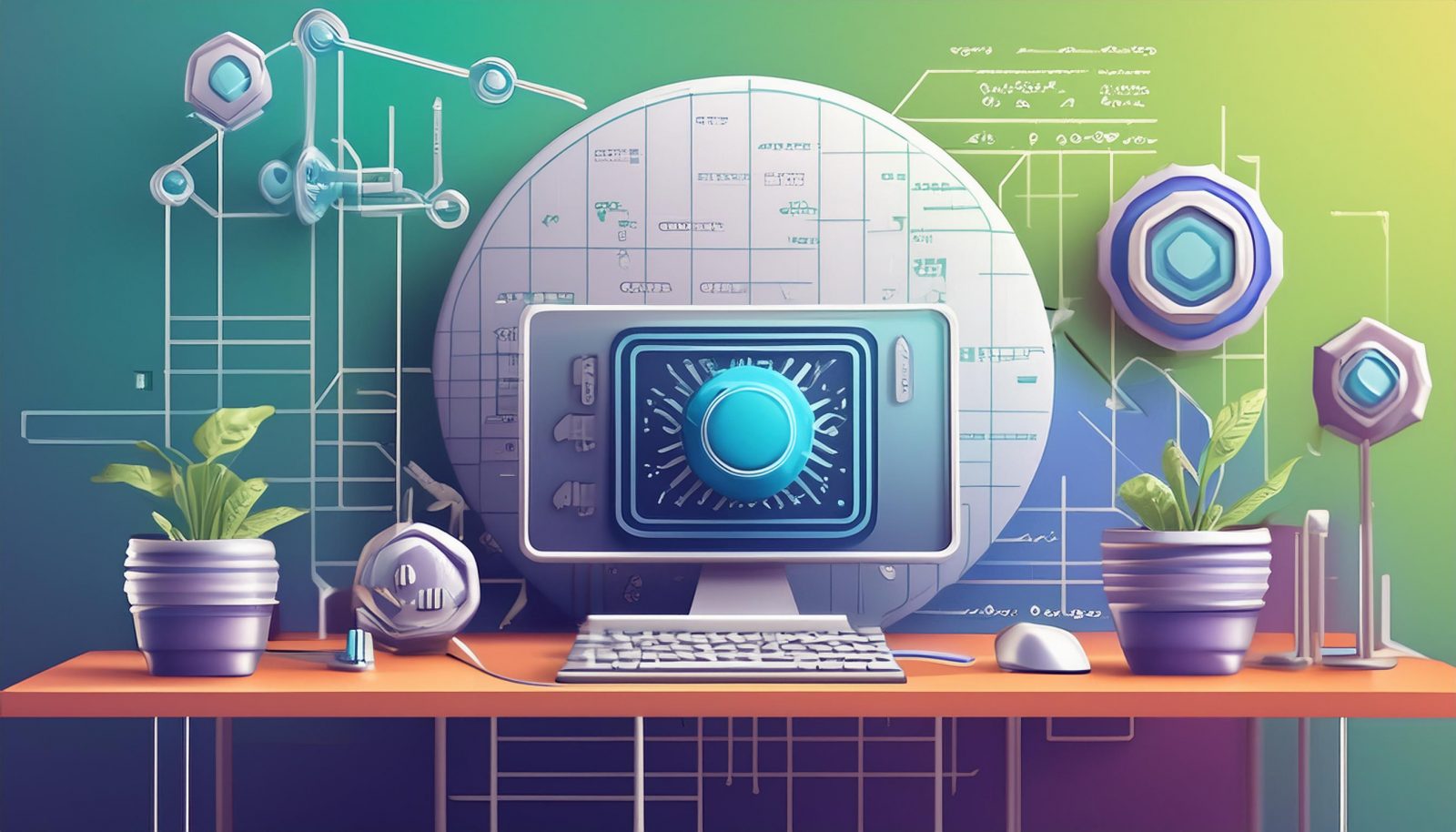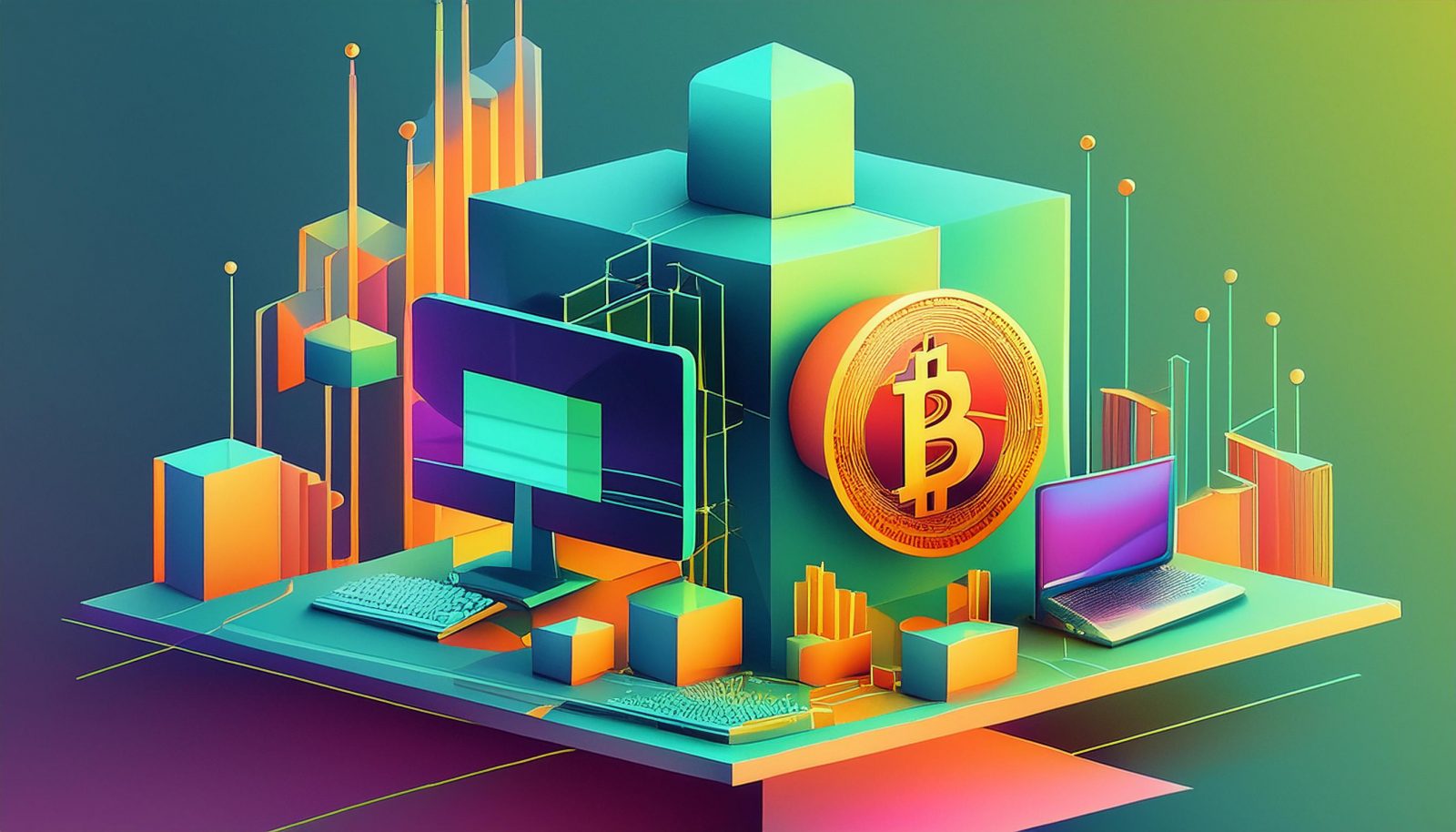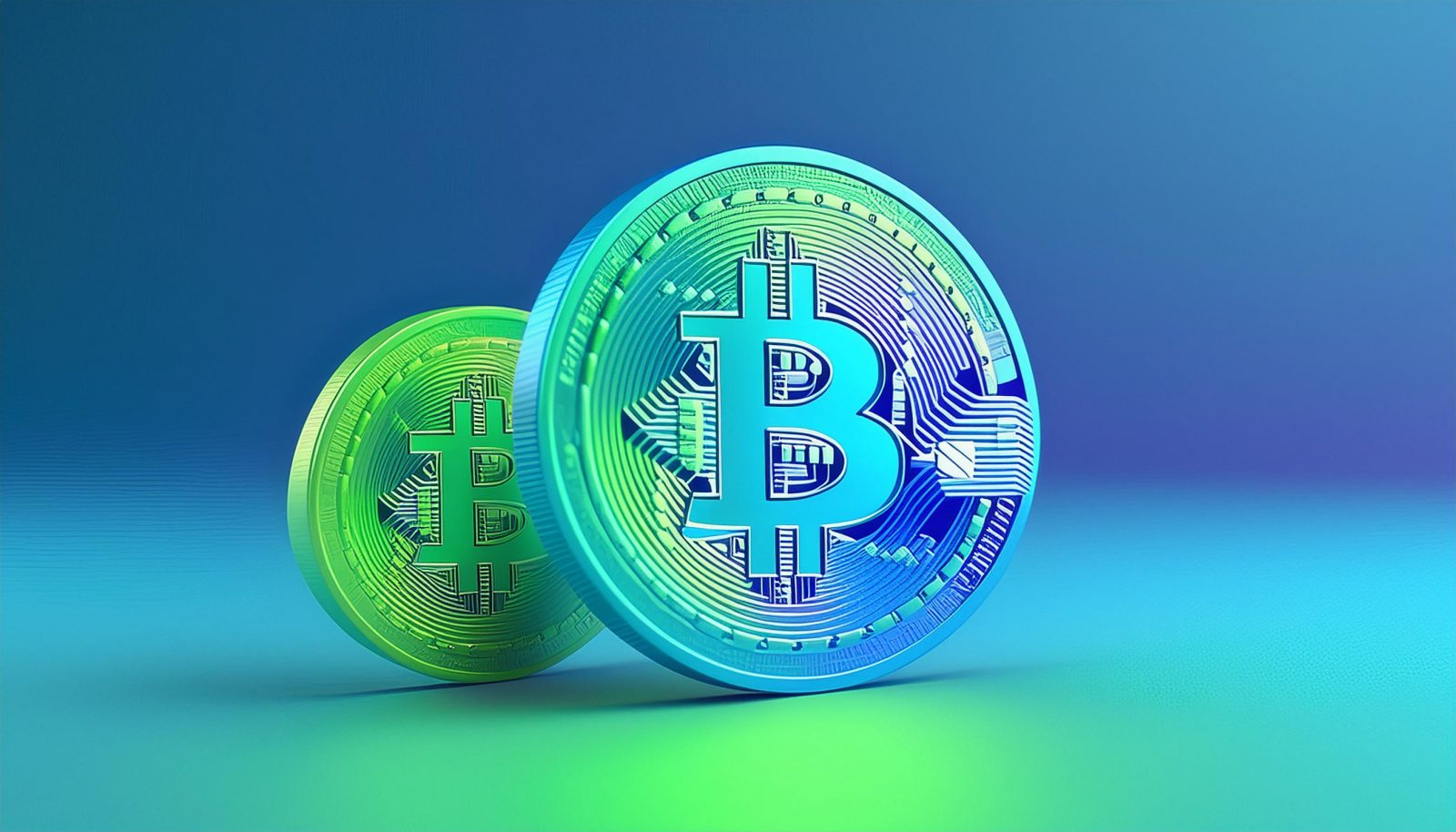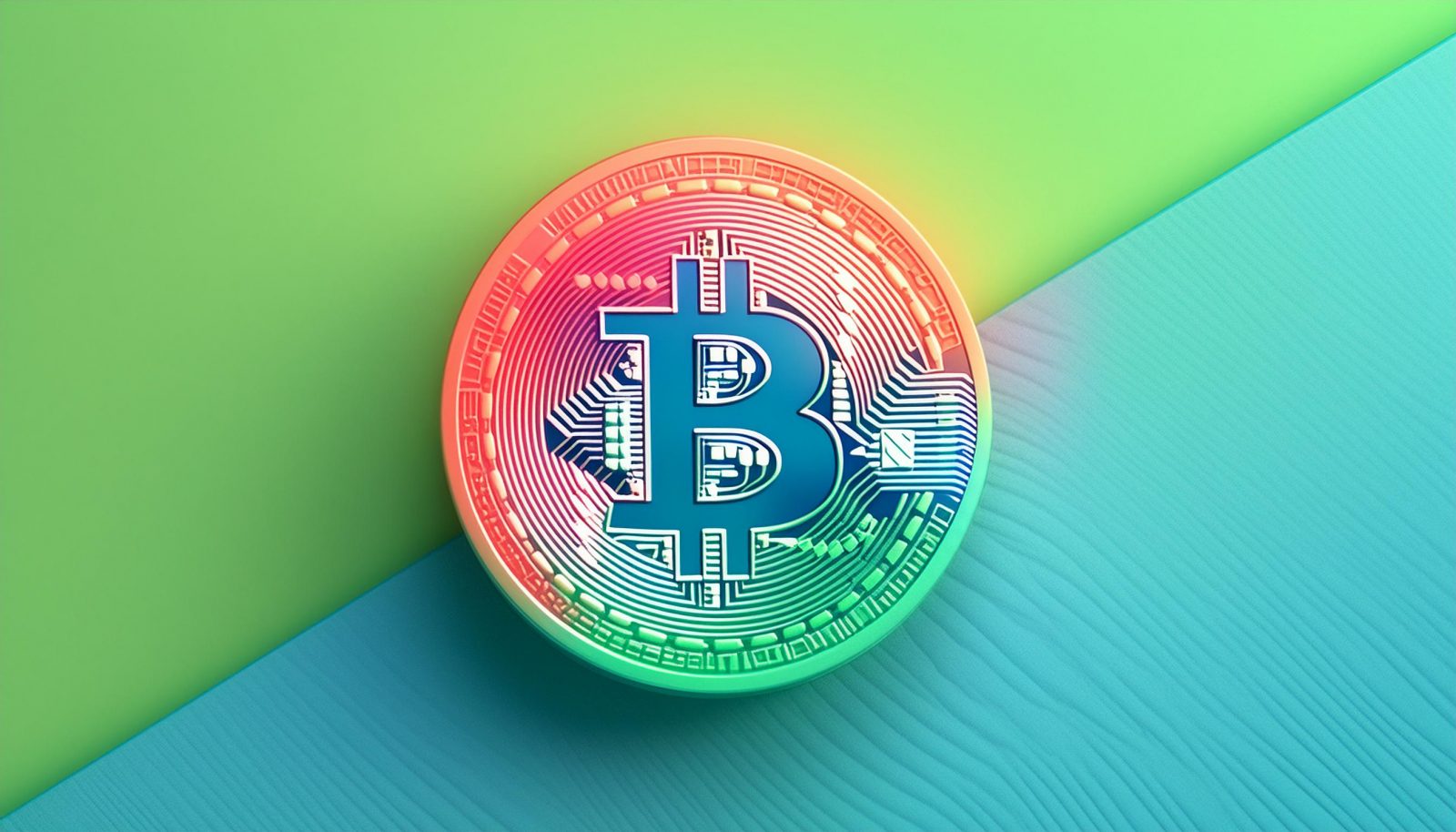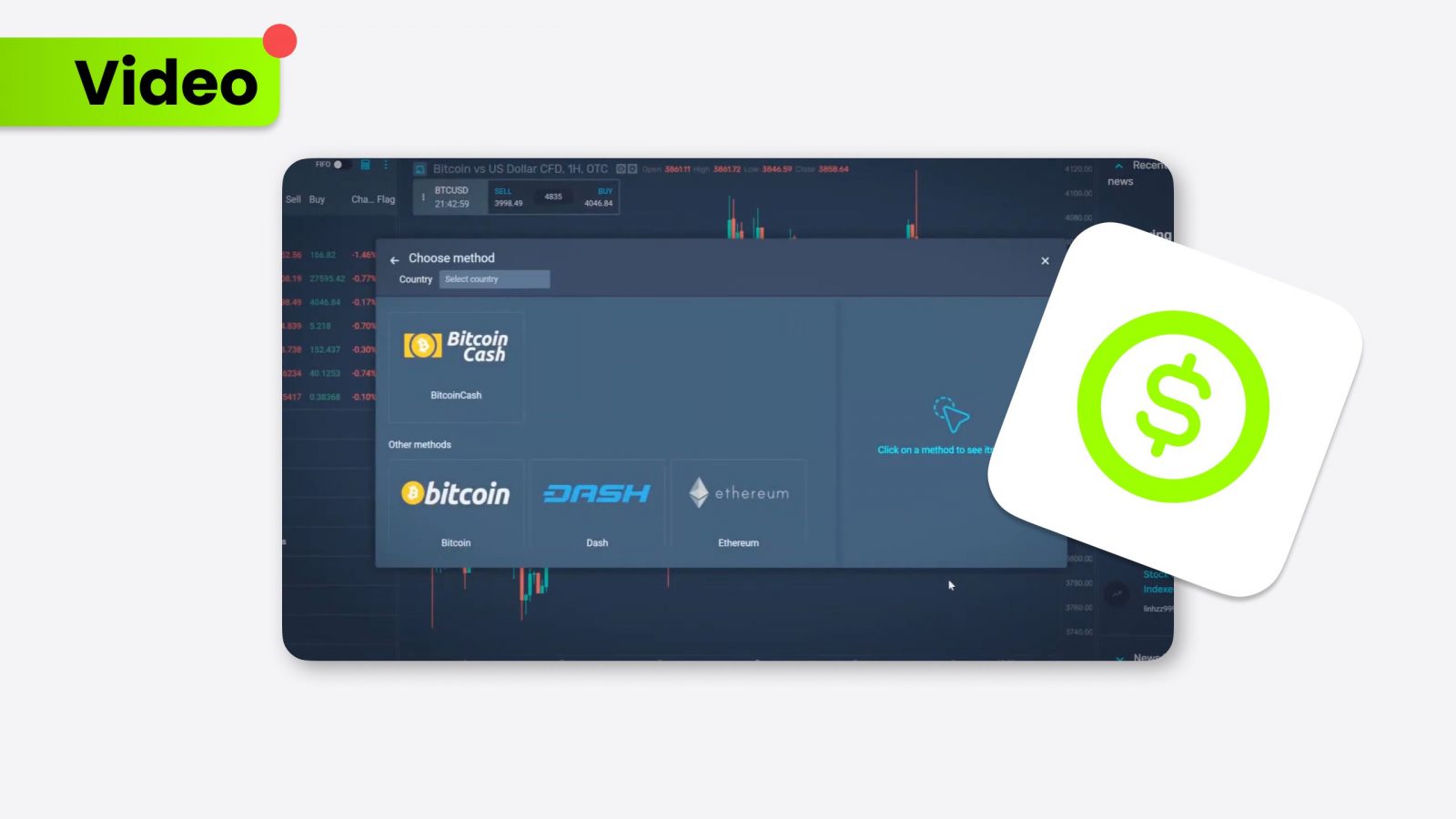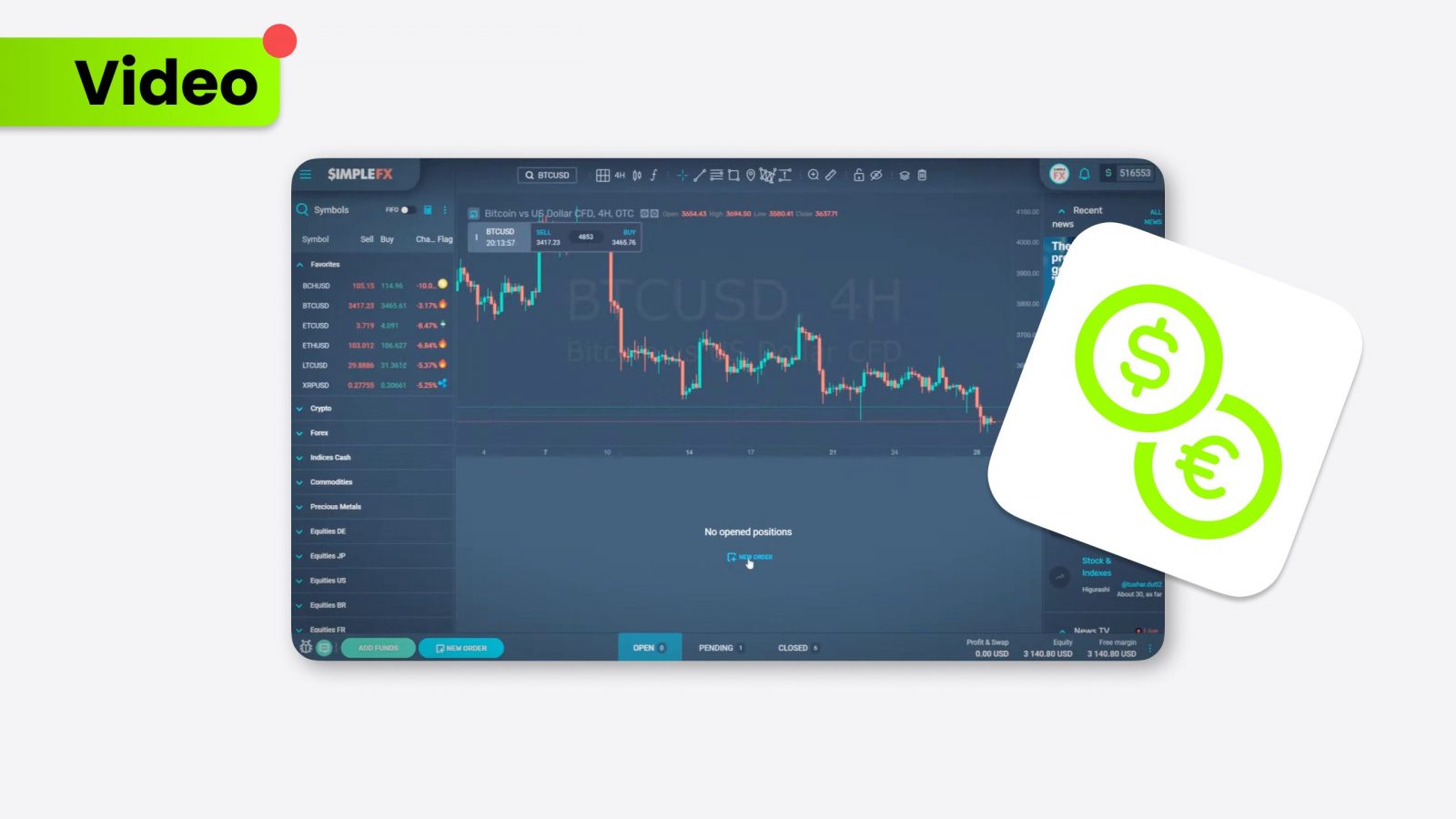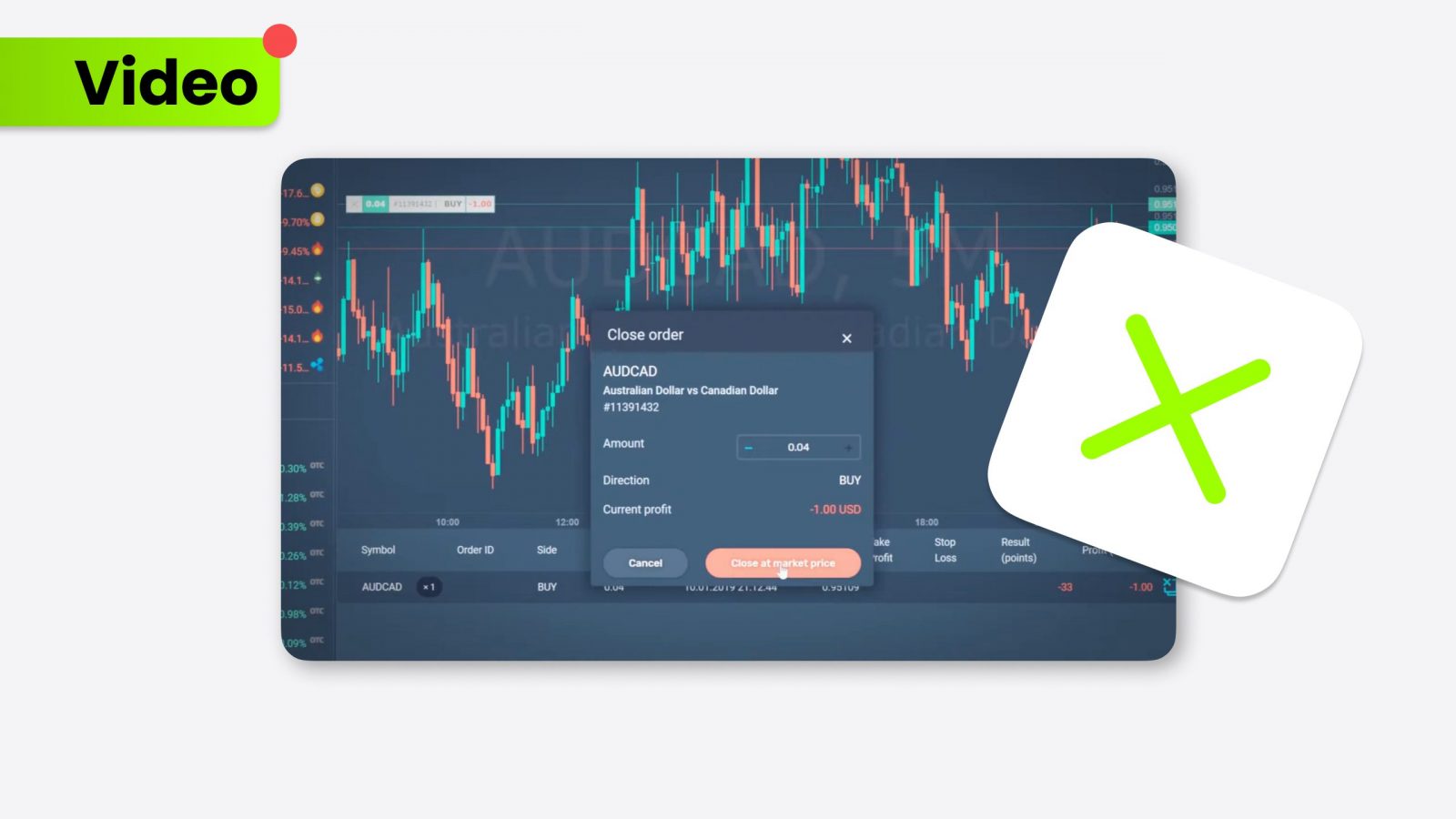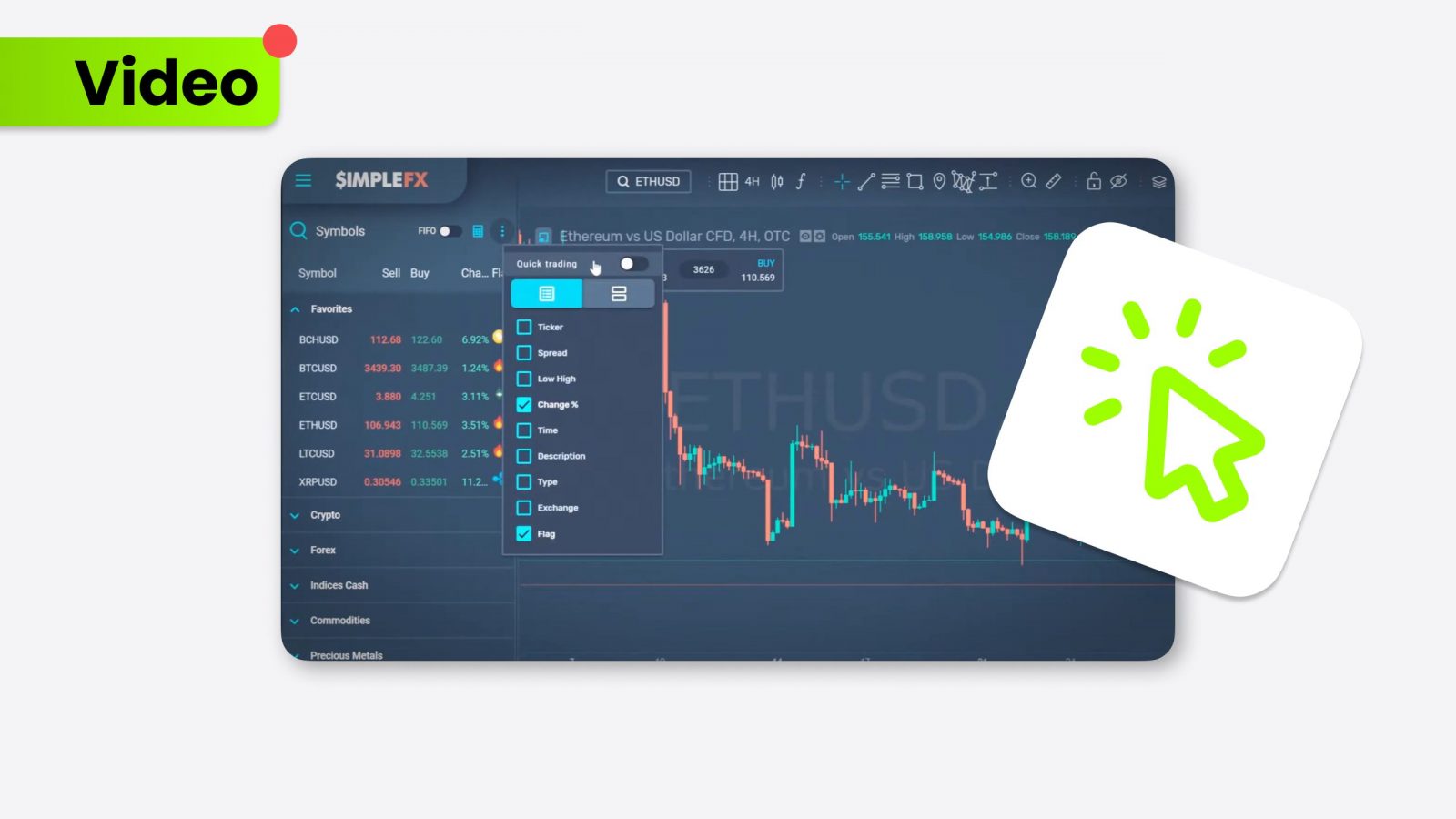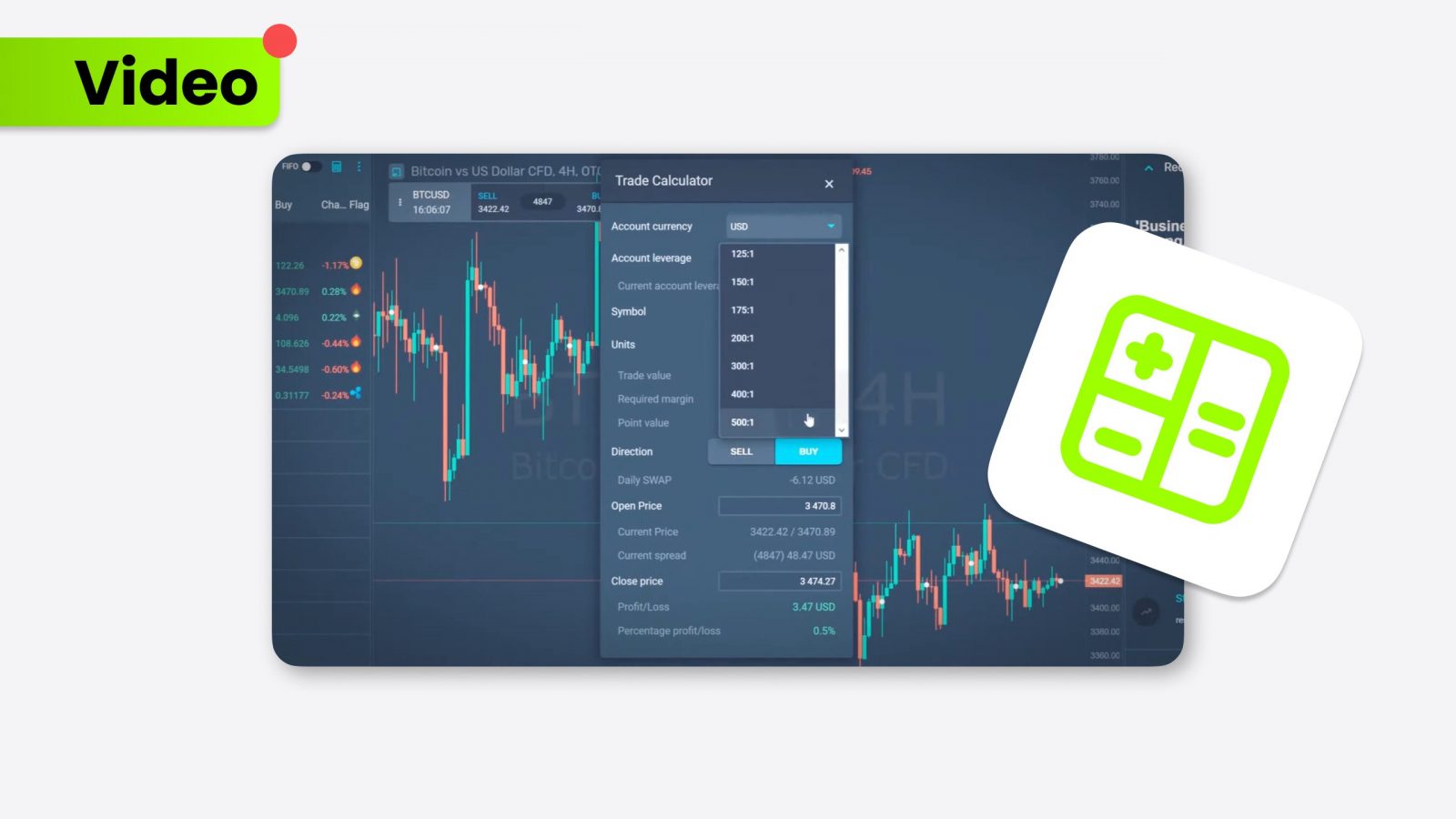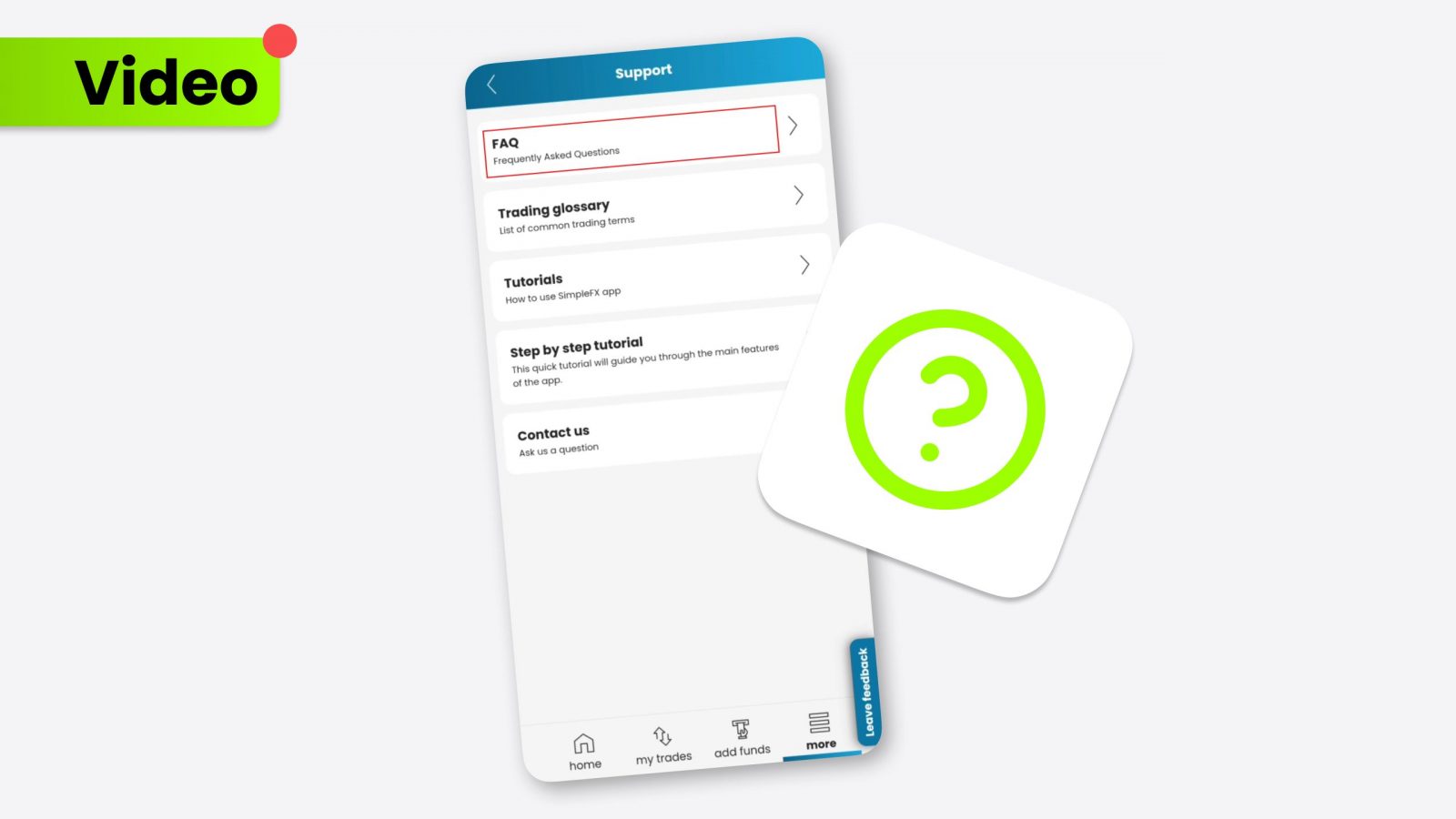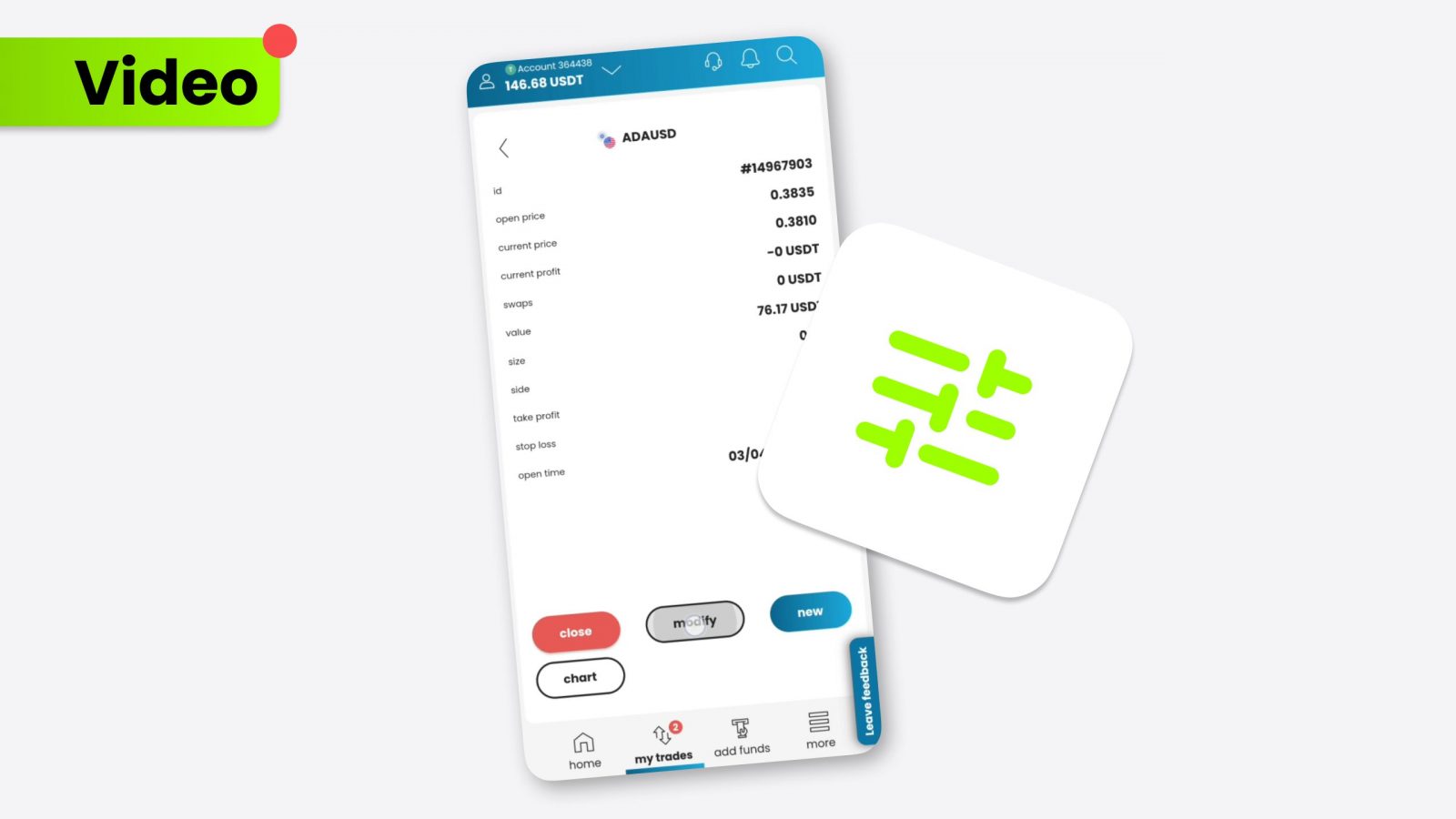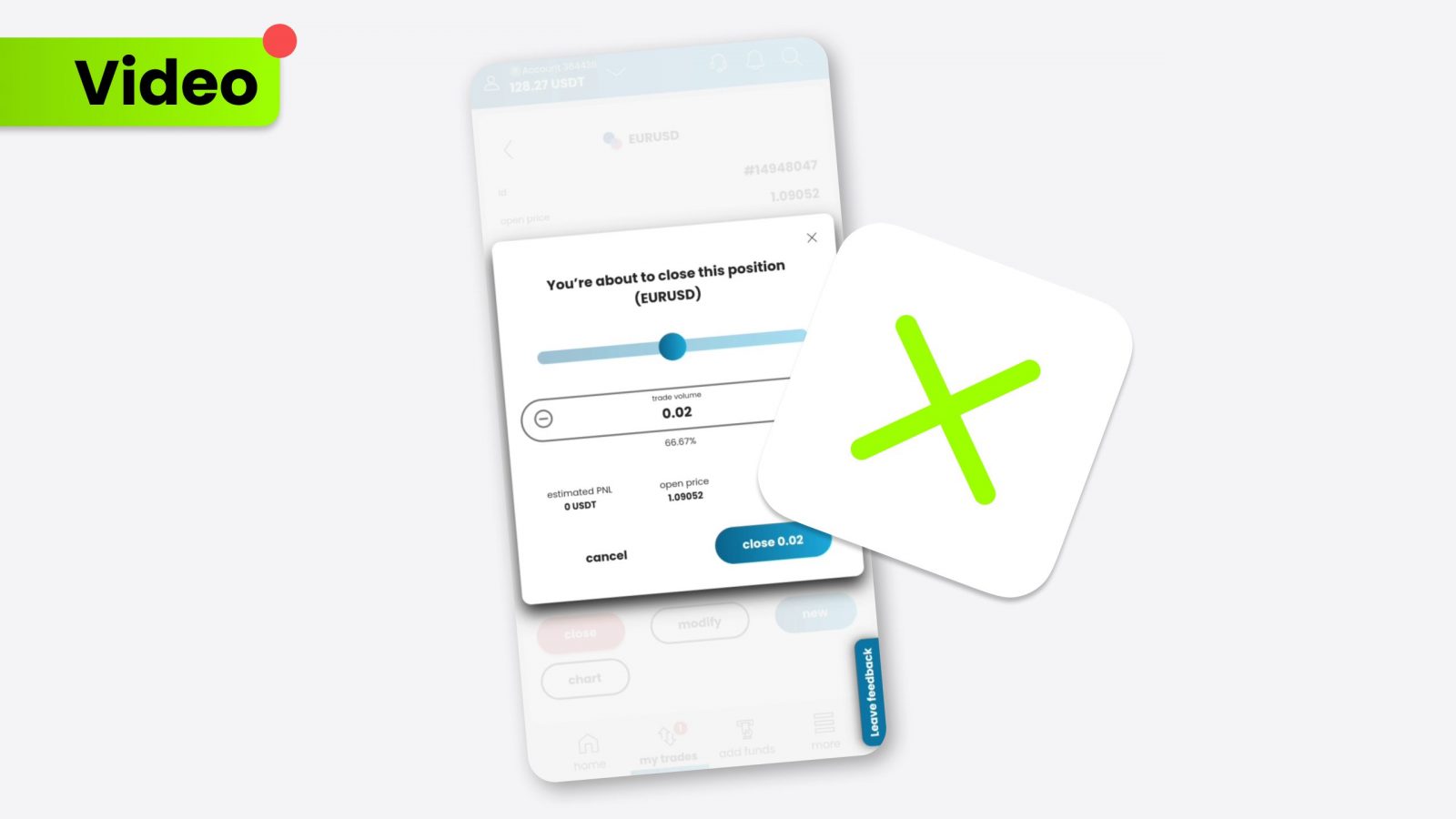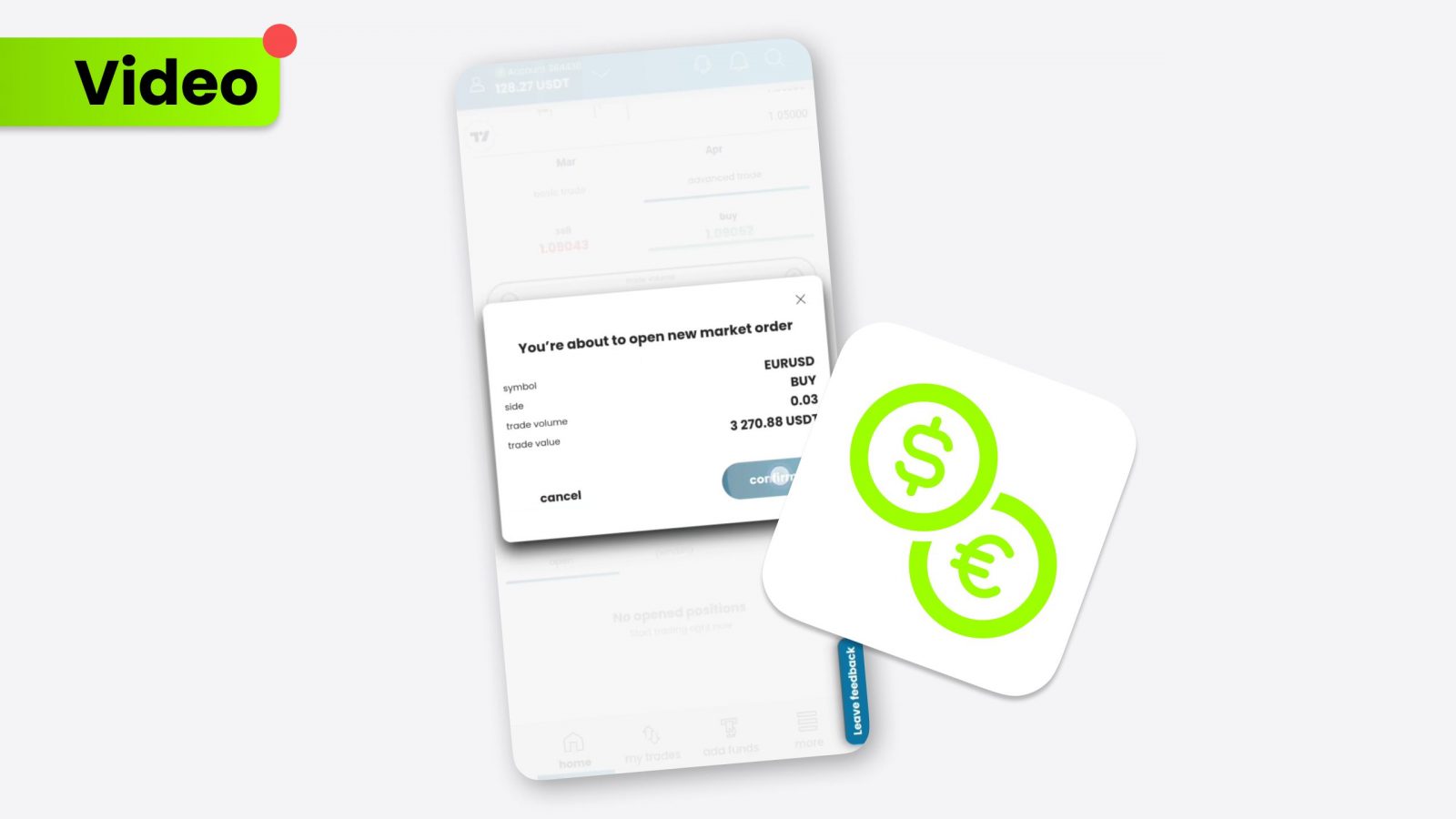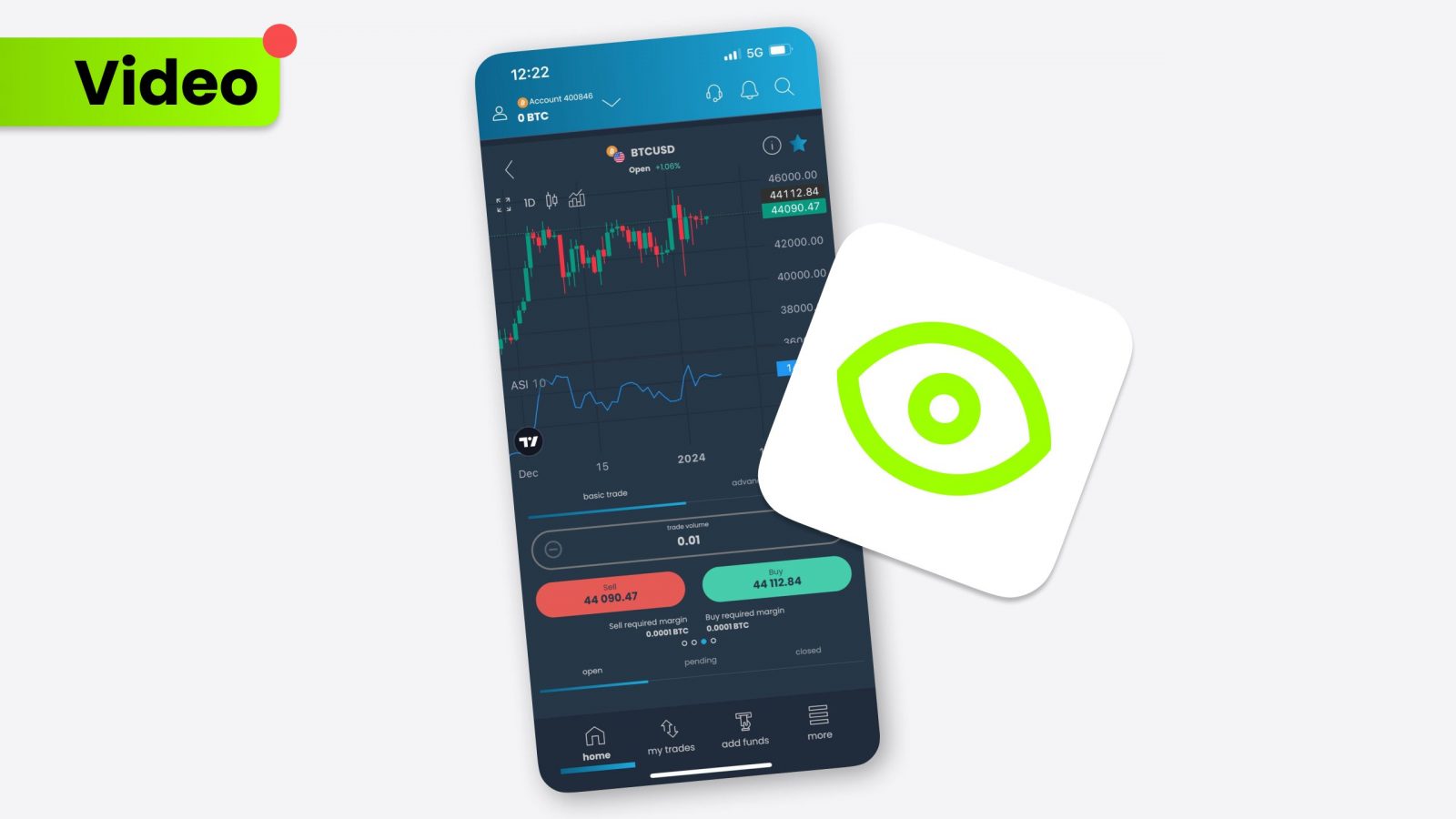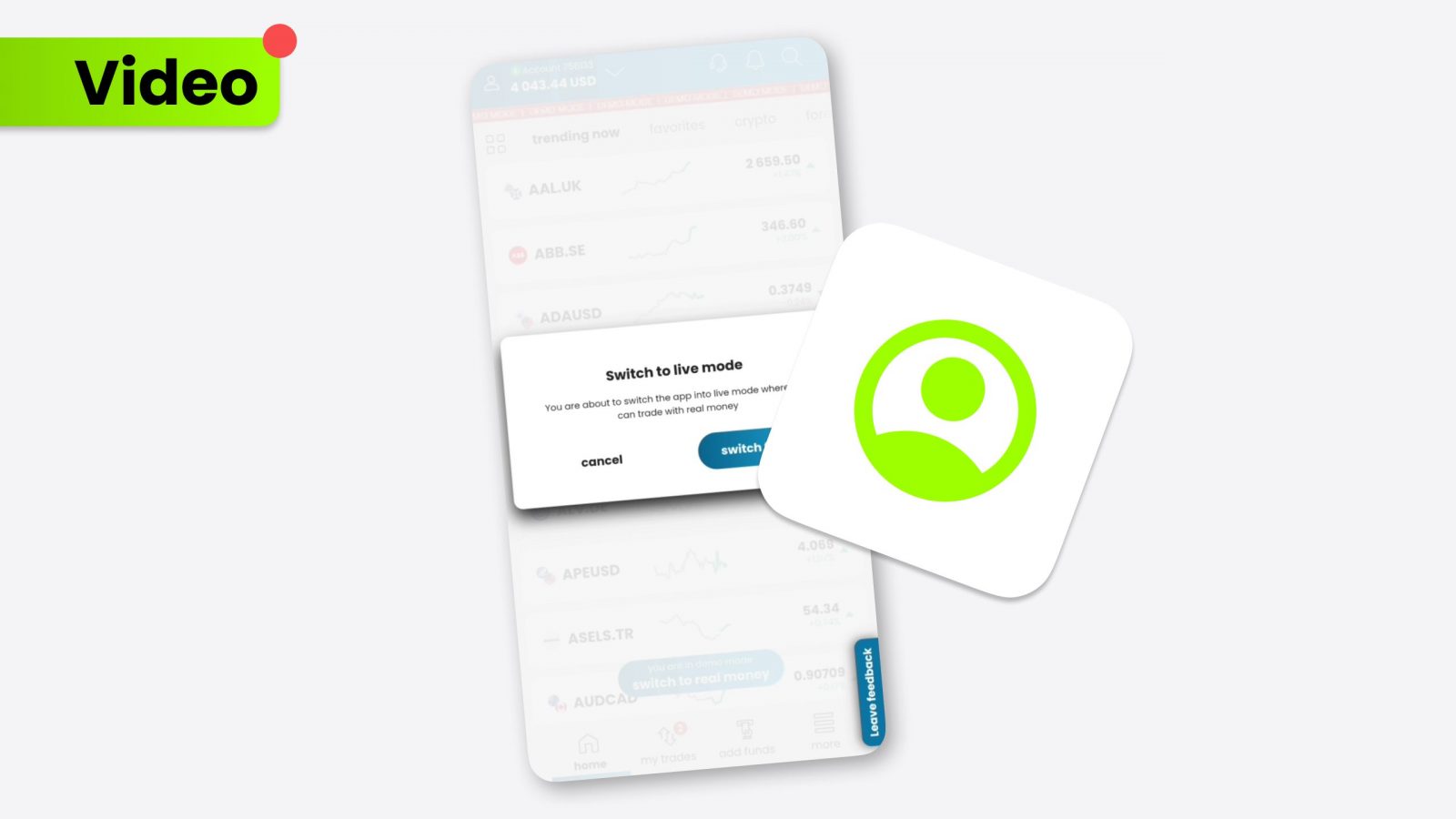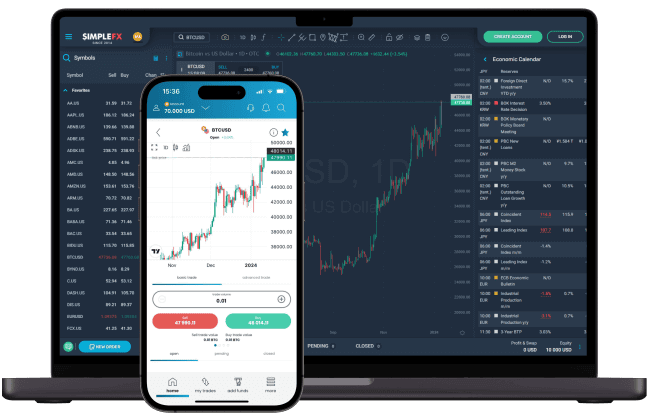Decentralized applications, or dApps, are revolutionizing the digital landscape by utilizing blockchain technology to offer enhanced security, autonomy, and user sovereignty. These applications operate independently from centralized authorities, making them resilient against censorship and central points of failure.
- Exploration of what defines a decentralized application.
- Advantages and disadvantages of using dApps.
- Overview of the impact of dApps on various industries.
- Insight into the future development and challenges facing dApps.
Decentralized applications explained
Decentralized applications, or dApps, are reshaping how we interact with digital services by leveraging blockchain technology for enhanced security and autonomy. Platforms like Ethereum have traditionally dominated the dApp landscape, but newer blockchain networks like Polygon, Avalanche, and Filecoin are expanding the ecosystem with their unique offerings. These platforms facilitate the development of dApps by offering improved scalability, lower transaction fees, or specialized services such as decentralized storage solutions.
What is a dApp?
A dApp is an application that runs on a decentralized network and is supported by blockchain technology. Unlike traditional apps, it operates autonomously without the oversight of a single authority, making it resistant to censorship and central points of failure. This fundamental characteristic enables a more democratic and equitable digital landscape where users have more sovereignty.
Core features
The hallmark of decentralized applications is their ability to offer users control over their data. Using smart contracts, dApps execute operations transparently and securely, fostering trust among users. This autonomy enhances security and opens up new possibilities for interaction and transaction models that are not feasible with centralized architectures.
Pros and cons of dApps
While dApps herald a new era of digital applications, they have advantages and challenges that users and developers must navigate.
dApps pros
The decentralized nature of dApps offers significant benefits, including enhanced blockchain technology security, reduced censorship risk, and increased user privacy. These features make dApps particularly appealing in the finance, healthcare, and media industries.
dApps cons
Despite their advantages, dApps face challenges such as scalability issues, a steep learning curve for new users, and potential regulatory hurdles. Additionally, since they operate on blockchain networks, the speed and efficiency of transactions can be less than those of traditional applications.
Conclusion
Decentralized applications represent a pivotal shift in the digital world, offering users unprecedented levels of security, privacy, and control. While the benefits of dApps are significant, understanding their limitations is essential for those looking to develop or use these applications. As the ecosystem around decentralized applications continues to evolve, the balance between the pros and cons of dApps will likely shift, paving the way for more innovative and user-friendly solutions.

